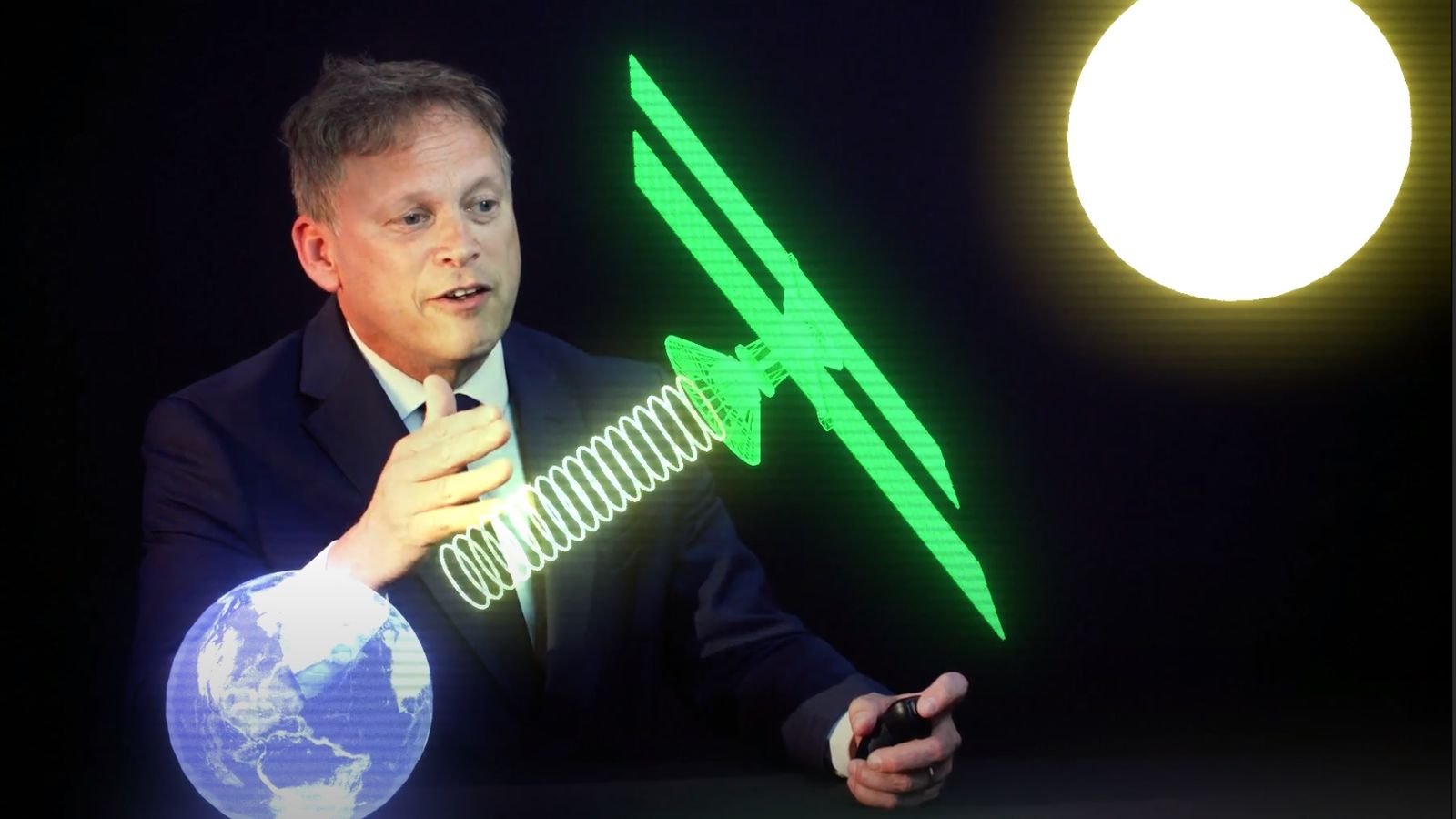British tech companies and universities are to receive millions of pounds of investment to develop new technology that generates solar power from space.
The rapidly emerging technology collects energy from the sun using solar panels attached to satellites, which then beam it back to Earth using wireless technology.
Generating power from space has huge potential to boost the UK’s energy security, said Grant Shapps, the UK’s energy security secretary.
“By winning this new space race, we can transform the way we power our nation and provide cheaper, cleaner and more secure energy for generations to come,” said Mr Shapps, who will provide more detail in a speech this afternoon at London Tech Week.
One winning project comes from researchers at Cambridge University, who will develop extremely light-weight solar panels that can perform in high-radiation conditions. Queen Mary University in London is creating a wireless system to transfer the power collected in space to Earth.
An independent study commissioned by the government in 2021, found that space-based solar power could generate up to 10GW of electricity a year, a quarter of the UK’s power needs, by 2050.
Some experts argue the government should be developing more wind and solar in the UK, with onshore wind still subject to a de facto ban.
Astronomers make rare Star Wars-style planetary discovery
Boeing sued for alleged fraud, theft of tool designs and leaking fluid
Richard Branson ends Virgin Orbit operations after UK space mission failure
The IPPR think tank recently called the UK’s planning system “not remotely fit for purpose” to build a net zero world, calling for restrictions on onshore wind and solar power to be removed and all new build homes to be fitted with solar panels.
Luke Murphy, associate director at IPPR, said: “It’s right the government supports space-based solar power, but back on earth its policies are standing in the way of rolling out renewables and achieving energy security.
“Reaching for the stars is laudable, but the more mundane rolling back of planning restrictions on onshore wind and solar would go much further in making the UK energy secure, reducing consumer energy bills, and reaching net zero.”
Earlier this month scientists at the California Institute of Technology in the US said they had launched a prototype into space that had demonstrated its ability to beam detectable power to Earth for the first time.
Please use Chrome browser for a more accessible video player
Though the technology is still in its infancy, space and solar have a long history, said Dr Mamatha Maheshwarappa, Payload Systems Lead at the UK Space Agency.
“The need to power satellites was a key driver in increasing the efficiency of solar panels which generate electricity for homes and businesses today,” he said.
“There is significant potential for the space and energy sectors to work together to support the development of space-based solar power, and the UK Space Agency has contributed £1m to these innovative projects to help take this revolutionary concept to the next level.”
Watch The Climate Show with Tom Heap on Saturday and Sunday at 3pm and 7.30pm on Sky News, on the Sky News website and app, and on YouTube and Twitter.
The show investigates how global warming is changing our landscape and highlights solutions to the crisis.







